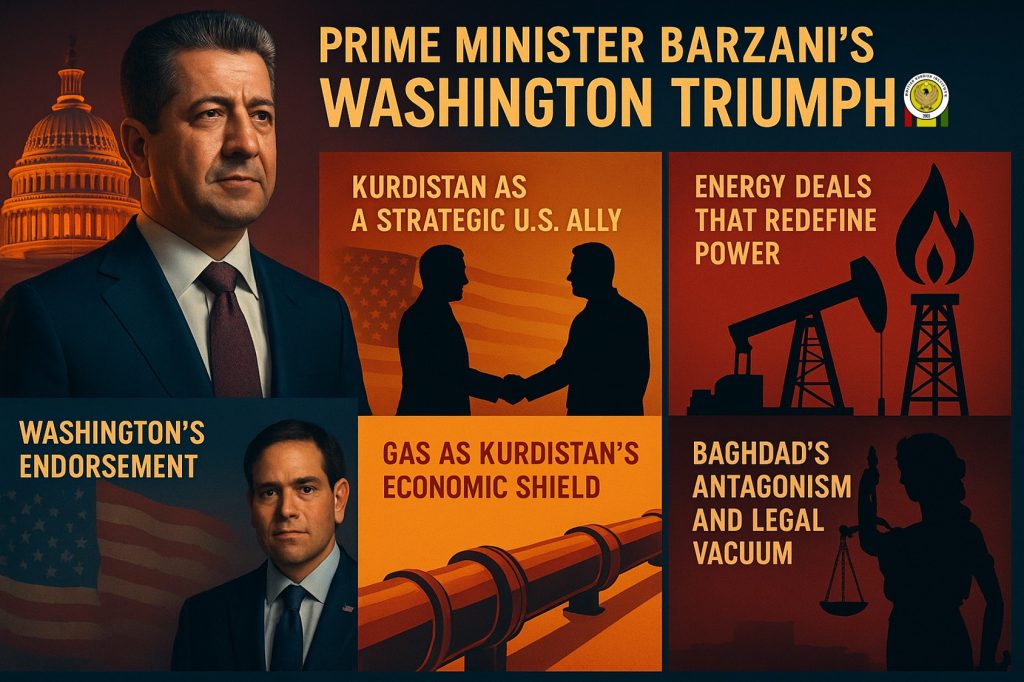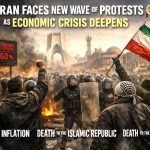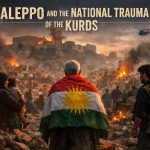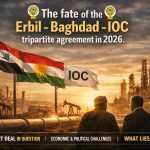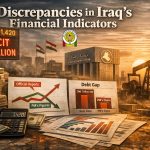Introduction
In May 2025, Kurdistan Region Prime Minister Masrour Barzani arrived in Washington for one of the most important diplomatic missions in Kurdistan’s modern history. His visit exceeded expectations, strengthening the Kurdistan Regional Government’s (KRG) ties with the United States and opening the door for new energy partnerships that could reshape Iraq’s federal balance.
Kurdistan as a Strategic U.S. Ally
Prime Minister Barzani highlighted Kurdistan not only as a victim of conflict but as a reliable partner in counterterrorism, trade, and democracy. His meetings with Senate leaders and Pentagon officials underlined the KRG’s vital role in ensuring regional stability.
Within days, a bipartisan congressional resolution reaffirmed U.S. support for Kurdish constitutional rights. This outcome showcased Barzani’s ability to bridge America’s political divides and secure long-term backing for Kurdistan.
Energy Deals That Redefine Power
The cornerstone of the visit was the signing of $110 billion oil and gas agreements with WesternZagros and HKN Energy. These deals aim to guarantee 24/7 electricity for the Kurdistan Region, boost infrastructure, and ensure energy independence.
Baghdad quickly labeled the agreements “unconstitutional,” but experts stressed that these objections were political rather than legal. By securing U.S. investment, Barzani positioned Kurdistan as a key player in Iraq’s energy future.
Washington’s Endorsement
U.S. Secretary of State Marco Rubio endorsed the energy deals, stating that Washington expects them to “flourish.” His message emphasized U.S. support for a strong, resilient Kurdistan within a federal Iraq.
The soon-to-open U.S. Consulate in Erbil—the largest in the world—further demonstrates America’s long-term commitment to the Kurdistan Region as a strategic partner.
Gas as Kurdistan’s Economic Shield
Facing a 90% budget cut from Baghdad since 2023 and blocked oil exports that cost Iraq billions, Barzani turned to natural gas development as a survival mechanism.
Projects in the Miran (8 trillion scf) and Topkhana-Kurdamir (5 trillion scf) fields will reduce Iraq’s dependence on foreign gas suppliers and establish Kurdistan as Iraq’s energy solution provider.
As Barzani noted: “The more Baghdad shows softness, the more they will see our efforts benefit all Iraq.”
Beyond Energy: Building Stronger Ties
Barzani also held a series of high-level meetings with U.S. officials across defense, energy, and foreign policy. These talks reinforced Kurdistan’s reputation as a democratic, stable, and dependable ally.
Regional and global analysts described the mission as a bold reaffirmation of Kurdish autonomy and a sign that the KRG is determined to build strong international alliances.
Baghdad’s Antagonism and Legal Vacuum
Baghdad’s lawsuits against the gas deals exposed Iraq’s long-standing failure to pass a federal oil and gas law. Under Article 111 and 115 of the constitution, the KRG retains the right to manage its own resources in the absence of federal legislation.
By inviting U.S. investment, Barzani left Baghdad with two choices: negotiate within the constitutional framework or risk being seen as a barrier to Iraq’s prosperity.
Conclusion: A New Chapter for Kurdistan
Prime Minister Masrour Barzani’s 2025 U.S. visit was more than diplomacy—it was a strategic leap forward. The deals secured in Washington, the reaffirmed U.S.–KRG partnership, and the pushback against Baghdad’s centralism marked a turning point for Kurdistan’s future.

